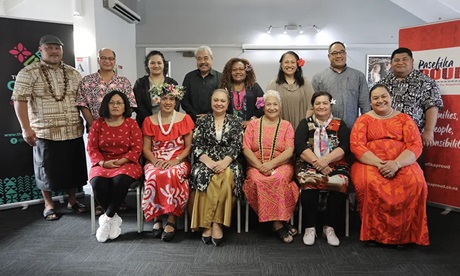In an effort to counter family violence effectively, a new qualification teaching Pacific cultural competence has been launched in New Zealand.
Advocacy groups worked together to create the new qualification which will provide important skills to those working with Pacific families.
Its importance is in no doubt: in New Zealand. Pacific children are 2.5 times more likely than other children to be physically punished.
In addition, family violence is a particular concern. Here in New Zealand, Pacific families are 44 percent more likely than others to experience physical or psychological violence.
Countering family violence
Training for the new qualification begins this October.
From then, frontline services, health and social workers will be able to complete the specialised family violence training to gain a Level 6 micro credential.
The new training programme includes cultural frameworks from eight Pacific nations including Samoa, Niue, Tonga and Fiji.
The Cause Collective (a community organisation that aims to create the conditions for communities to thrive) will deliver the training in partnership with Pacific community groups.
The New Zealand Qualifications Authority (NZQA) has granted the course historic accreditation.
Nga Vaka o Kāiga Tapu cultural lead Fa’amatuainu Tino Pereira (back row 4th from left, with facilitators from several Pacific communities) is pleased the course has been accredited.
He says the NZQA accreditation shows the mainstream recognises the important role Pacific communities play in providing solutions that come from their own communities.
“As Pasefika wisdom shows, ‘E fofo e le alamea le alamea’ – the toxic fish has its own antidote” Fa’amatuainu says.
“This reflects a victory for Pacific communities who developed the Nga Vaka framework in response to addressing family violence more than 10 years ago.”
Fa’amatuainu stresses the importance of high-quality training for practitioners, employers and communities.
“It ensures that practitioners are equipped with the necessary skills and knowledge to engage effectively with Pacific families while adhering to national standards for education and training.”
Source
Additional readingNews category: New Zealand.




